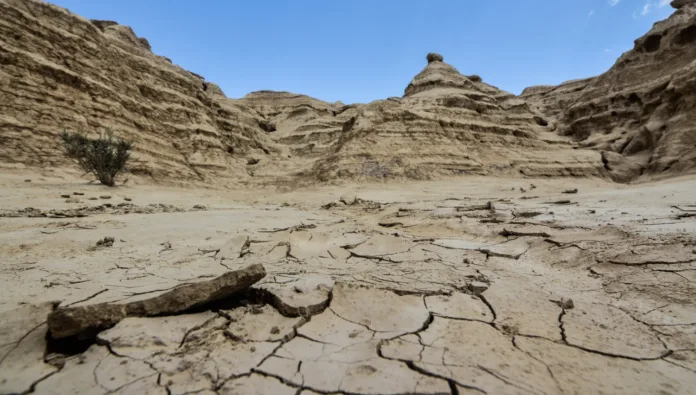Marking the UNCCD’s 30th anniversary, COP16 Riyadh will address desertification challenges and focus on land restoration in the Middle East and North Africa
Riyadh is set to host the 16th session of the Conference of the Parties (COP16) to the UN Convention to Combat Desertification (UNCCD) from 2-13 December 2024. This pivotal event will focus on COP16 Riyadh Land Restoration efforts, addressing desertification, land degradation, and drought, particularly in the Middle East and North Africa (MENA) region, one of the most severely impacted areas.
Under the theme “Our Land. Our Future,” COP16 will bring together global leaders, scientists, and policymakers to discuss innovative solutions for sustainable land management. The event marks the first time the UNCCD COP will be held in the MENA region, coinciding with the 30th anniversary of the convention, a testament to the growing recognition of the region’s vulnerability to desertification and its pivotal role in global restoration efforts.
Desertification poses a significant threat to the livelihoods of millions, exacerbating food insecurity, water scarcity, and climate migration. According to the UNCCD, 40% of the world’s land is degraded, directly impacting half the global population. In the MENA region, rising temperatures, overgrazing, and unsustainable land use have accelerated land degradation, making COP16’s focus on resilience and restoration more urgent than ever.
Embed from Getty ImagesCOP16 is expected to advance key initiatives, including strengthening global commitments to land restoration, promoting drought preparedness, and supporting sustainable agriculture. Riyadh’s hosting of the conference underscores Saudi Arabia’s commitment to combating desertification, aligning with its Vision 2030 goals of environmental sustainability and resilience.
Delegates will explore strategies to enhance drought resilience, such as early warning systems and land rehabilitation projects. The conference also aims to promote greater collaboration between nations, private sectors, and civil society to mobilise resources and share best practices in combating land degradation.
As the world grapples with the intersecting crises of climate change and land degradation, COP16 represents a pivotal opportunity to set ambitious targets for global land restoration. The outcomes from Riyadh will likely shape the future of international efforts to achieve land degradation neutrality by 2030 and support the broader objectives of the Sustainable Development Goals (SDGs).
The global community will be watching closely, as decisions made at COP16 could signal a new era of cooperation and innovation in the fight against desertification, ensuring that “Our Land” truly becomes a cornerstone for “Our Future.”
